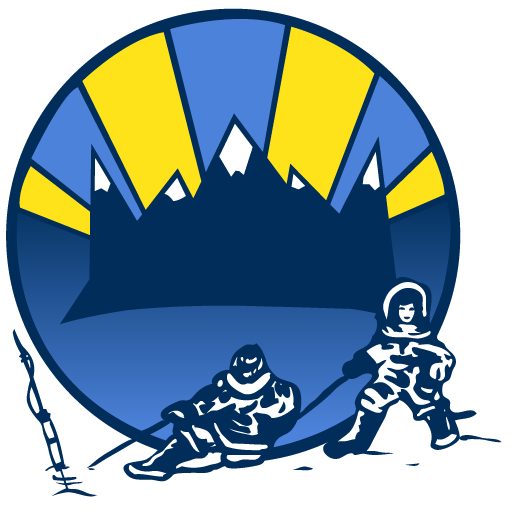WHAT DO WE MEAN BY FOOD SOVEREIGNTY?
Hunting and harvesting country foods from the land is not only a central part of Inuit culture, but it continues to be a critical part of food security in the Arctic environment. We heard that although store-bought foods are available, they are often expensive, and considered less and less healthy.
Country Food is Key
Being able to successfully hunt and harvest also gives community members a sense of accomplishment and self-sufficiency. Community members explained that country foods today are a part of tradition, and that providing these foods are a way of showing care for family.
And the [caribou] meat is so precious that can – we order it all the time from family … But most of the time I try and catch as much caribou as I can and make it last a little bit longer. If not, I tend to order caribou. That’s how much we love caribou meat. Nothing beats caribou meat. [Laughs] (A07 2020)
We learned that the preservation and caching of food is also an important way that community members manage the food supply. Drying and fermentation are used to make food last longer, so that when there is a shortage there is a reliable supply to fall back on. Sharing of food plays a similar role, but is also seen as a responsibility by many.
They butchered it [narwhal] – they processed it on the shore … Yeah, they shared it with community members … It’s good to share with other what you – what you help catch … It’s very important … It’s so nice when you’re a helper and you are like respected and – and showing gratefulness towards being a helper – so he loves that feeling. (A19 2020, interpreted from Inuktitut)
Ultimately country foods were described by many participants as an important part of their emotional, physical, spiritual, and mental health and wellbeing, as much emphasised for its value as food as for culture.
For her, [country food] it’s extremely important and valuable to her because it’s her way of life and that’s what she knows and it’s healthy for her. When she wasn’t hunting and travelling much on the land for [inaudible 0:22;53] … when she’s not consuming country food as much on a daily basis she would start to feel like she’s sick when she’s now – yeah. And then when she consumes like seal meat and polar bear meat she will feel stronger and better. (C10, 20-Oct-20, interpreted from Inuktitut)
The importance of Sharing Food
Trade between communities is a part of the Inuit “food system”, and helps different communities to get the resource they may want or need when not available nearby. Community members explained how different seasons will make certain foods more available in once place than another. Animals may also taste different depending on where they come from (e.g., caribou).
I gave the meat away to the main hunter, and he was going to distribute it out to his family members and friends. (C04 2020)
[describing sharing of country food] Mostly likely we’ll give it away to the people who is hungry. We ask them to come over and eat with us or, you know … Or maybe we ask them to go pick up some meat. (A15 2020)
They gave all the meat to the whole community back then … It gives him joy to be able to share his catch … Because elders are always so much happier when they get fresh meat or fresh catch of any wildlife. So they’re always so much happier. (A13 2020, interpreted from Inuktitut)
Possible impacts from Mary River on Food Sovereignty
As previously discussed, community members are concerned that the Mary River Project could lead to lower numbers of animals, both in actual population numbers and where they appear. We also heard that community members are worried about safety of being on the land and eating animals that may be impacted by contamination because of the Mary River Project.
The impacts of insufficient country foods is especially high for the most vulnerable community members, such as elders and others who cannot hunt or harvest for themselves. For example, community members explained that if country foods are not available or are unsafe, people will have to buy their food, which can be very costly for low- and fixed-income individuals. Community members also discussed the extra cost that they would have to bear in terms of effort, time, and money if the resources they need are harder to get.
So he is just reiterating the contaminated area … he doesn’t approve of the project cause I think it’s having too much devasting effect because Inuit rely on feeding their families from the wildlife in the area. (C01, 19-Oct-20, interpreted from Inuktitut)
From the dust from the ore flying around … Maybe the meat might not be good to eat … Yeah also like yeah mostly caribou meat. (C19, 22-Oct-20)
In summary, country foods are seen as culturally important, affordable, healthy, and desirable by many community members, and also important for physical, emotional, and mental health. The Mary River Project has the potential to reduce the overall availability of country foods and the safety of the country food supply.






